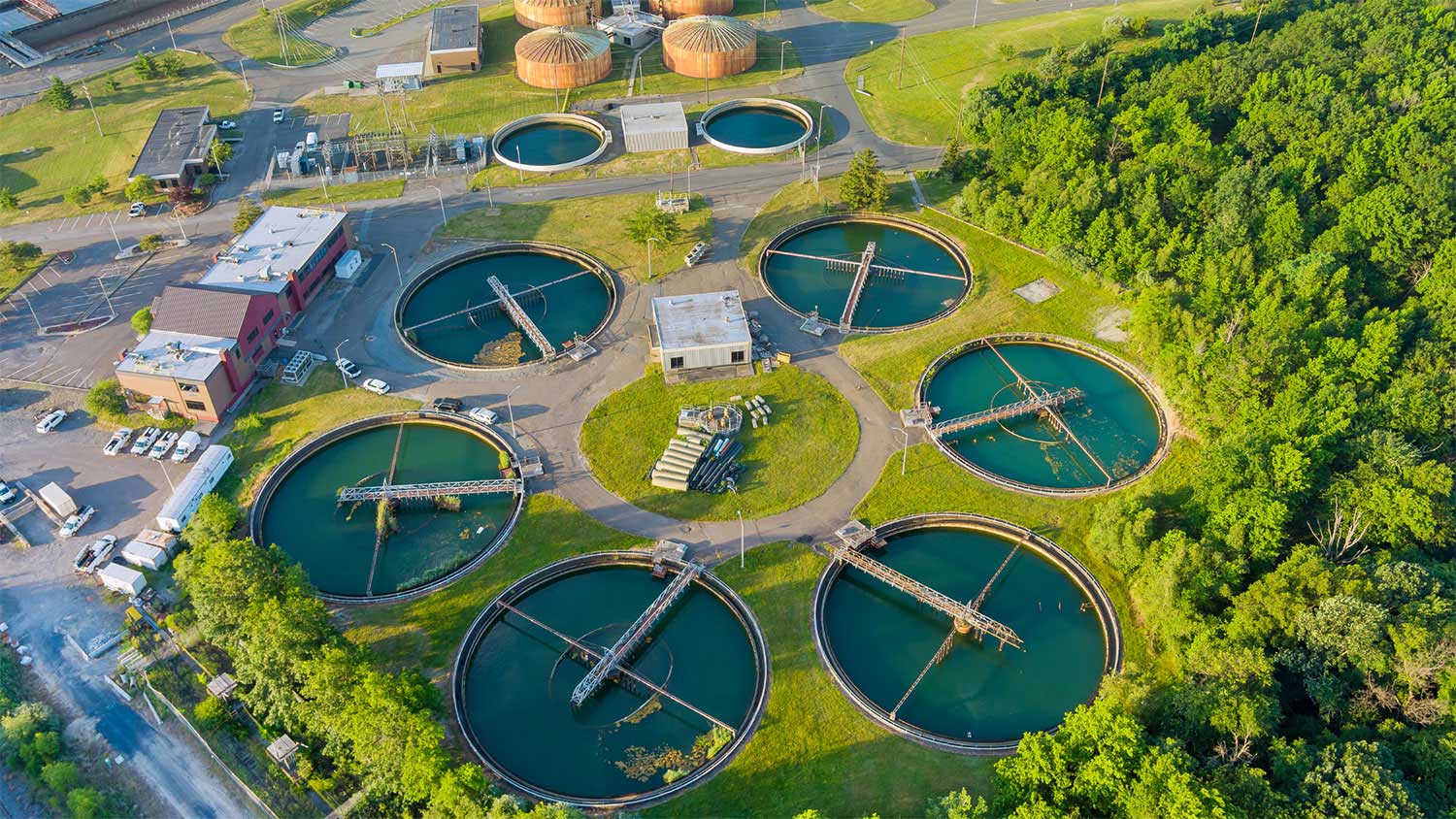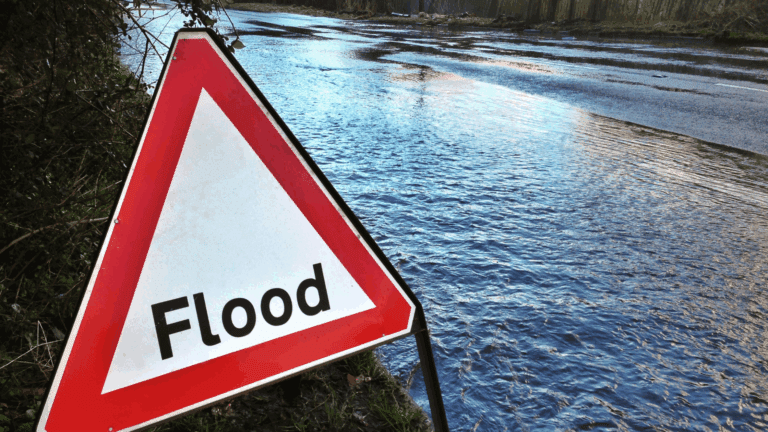
Not all businesses draw all of their water supply from mains sources delivered through the UK’s network of pipes and taps. In fact, many organisations and institutions take water directly from their local environment to service their needs – whether it’s from rivers, lakes, groundwater or other natural sources.
This process of abstraction is commonplace in industries such as agriculture, industry and even leisure and tourism. But in 2025 the laws regulating water abstraction are changing and this will require businesses to take note and work to comply with the new requirements.
What’s changing?
Under reforms led by the Environment Agency (EA), some previously exempt activities will now require an abstraction licence under the Water (Special Measures) Act 2025. These changes are part of wider efforts to manage water resources more sustainably and ensure environmental protections, particularly in areas experiencing water stress.
While the 2025 Act is wide ranging and places a particular emphasis on the actions of water companies, it will also tighten the existing regulations brought in under the Environment Act 2021 to reduce instances of unlicensed and unregulated abstraction.
Here are the key updates:
- Removal of exemptions: Many businesses that historically didn’t need a licence for abstraction now must apply. This includes certain agricultural, industrial, and third-sector operations.
- Greater scrutiny on environmental impact: Licences will be assessed based on the impact of the abstraction on local water sources and habitats.
- Time-limited licences: In many cases, licences are now issued with expiration dates and may be subject to periodic review.
- Flexibility for trading: Abstractors may be able to trade water rights under certain conditions, encouraging better resource sharing and efficiency.

Who is affected by the changing regulations on abstraction?
While there are organisations across a range of industries that currently abstract water from rivers, lakes, private springs, boreholes and wells, these practices are particularly relevant to the following sectors:
- Farming and irrigation
- Breweries and distilleries
- Food and drink manufacturing
- Energy production
- Leisure and tourism (e.g. golf courses, fisheries)
A licence is now required by businesses that abstract more than 20 cubic metres of water per day (about the volume of a large tanker).
In particular, farm inspectors have found in recent years that a lot of unlicensed abstraction had been taking place at a time when climate change and population growth means that there is less water readily available and an increasing demand for water.
What do businesses need to do?
There are a number of steps that organisations should now follow in order to comply with changing regulations. These include:
- Review current abstraction activities: Identify if your current or planned use of water now falls under the updated licencing rules.
- Apply for a licence (if required): If you were previously exempt, you must now apply through the Environment Agency. Failure to do so may result in enforcement action.
- Prepare for compliance: Licence holders will need to monitor and report usage. The installation of metering equipment may also be required.
- Plan ahead: Consider how abstraction limits or seasonal restrictions could affect your operations and future planning.
If you were relying on an exemption that’s now been removed, it’s crucial to apply as soon as possible. There are transitional arrangements in place, but missing these windows could jeopardise your water access or lead to legal penalties.
What is the point of new abstraction regulations?
The rule changes reflect growing concern about water scarcity and environmental protection. As climate change affects rainfall patterns and population growth increases demand, water management is becoming a business-critical issue and the Environment Agency will be able to more closely monitor and manage the responsible use of the UK’s water supply year round.
By adapting now, businesses not only stay compliant but can also reduce risks, improve resilience, and potentially benefit from more efficient water use.
Want to know more about changing abstraction rules might affect you?
Our expert team at Everflow can support you in assessing your water usage, applying for licences, and identifying opportunities for efficiency and compliance.

Contact Everflow today!
At Everflow, our goal is to make your utilities simpler. We ensure you get great-value contracts that are tailored to your needs and easy to manage.


